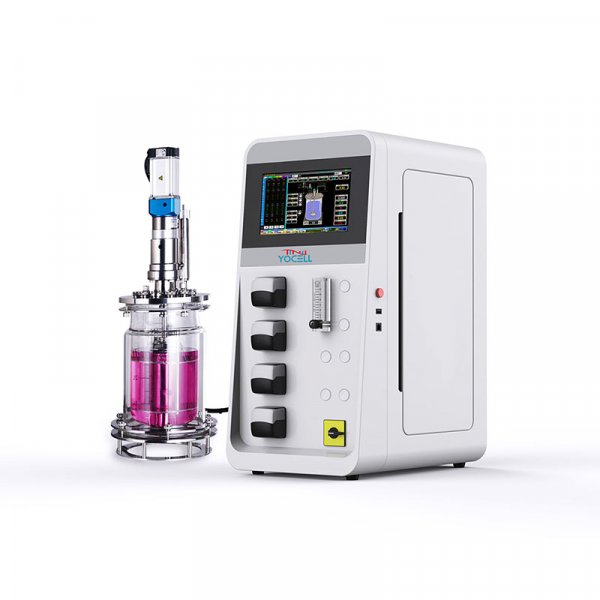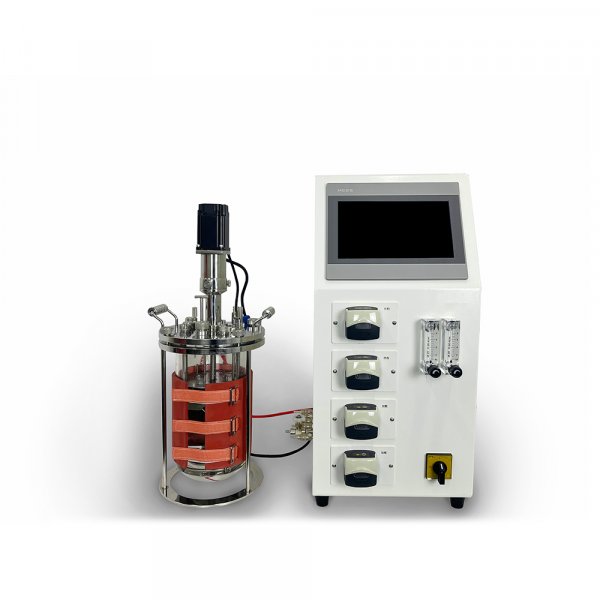1. What is tangential flow filtration?
Tangential flow Filtration is a technology based on membrane separation. Different from the traditional Dead-End filtration, the liquid flow direction of TFF is parallel to the membrane surface rather than perpendicular. This flow pattern can effectively reduce membrane fouling, extend the service life of the membrane, and improve filtration efficiency at the same time.
The core principle of TFF is to utilize the selective permeability of substances of different molecular weights on the membrane surface to separate target molecules (such as antibodies) from impurities (such as host cell proteins, DNA, etc.). According to the difference in membrane pore size, TFF can be divided into ultrafiltration (UF) and microfiltration (MF), which are respectively used for the separation of different molecular weight ranges.
2. The application of tangential flow filtration in the purification of antibody drugs
The application of tangential flow filtration in the purification of antibody drugs
In the production process of antibody drugs, TFF is widely used in multiple key steps, including concentration, buffer replacement, purification, virus removal, etc. The following are the main process applications of TFF in the formulation of antibody drugs:
1) Antibody concentration
During the production process of antibody drugs, the antibody concentration in the cell culture medium is usually low. It is necessary to increase the antibody concentration through a concentration step to meet the requirements of subsequent processes. TFF achieves efficient antibody concentration by selectively retaining antibody molecules while allowing small molecules (such as water, salt, etc.) to pass through the membrane.
Advantages: TFF can handle large-volume samples, has a high concentration efficiency, and a low antibody loss rate. Application scenarios: Post-treatment of cell culture medium, concentration of antibody intermediates.
2) Buffer exchange
During the antibody purification process, it is usually necessary to transfer the antibody solution from one buffer system to another to adapt to the subsequent purification steps or formulation requirements. TFF achieves rapid and efficient buffer replacement by continuously adding new buffer and removing the old one.
Advantages: TFF can complete the buffer solution replacement in a short time and is easy to operate, making it suitable for large-scale production.
Application scenarios: Buffer adjustment during antibody purification process, buffer replacement before preparation.
3) Antibody purification
During the production process of antibody drugs, in addition to the target antibody, the cell culture medium also contains a large amount of impurities, such as host cell proteins, DNA, cell fragments, etc. TFF separates antibodies from impurities through molecular weight differences, thereby enhancing the purity of antibodies.
Advantages: TFF can efficiently remove impurities and is flexible to operate, suitable for purification processes of different scales. Application scenarios: Crude purification of antibodies, purification of intermediate products.
4) Virus removal
In the production of antibody drugs, the safety of the virus is an important consideration. TFF combined with specific membrane materials can effectively remove potential virus particles, ensuring the safety of the final product.
Advantage: TFF can be combined with other virus removal technologies (such as nanofiltration) to further enhance the efficiency of virus removal.
Application scenario: Viral safety steps for antibody drugs.
5) Continuous production process
With the continuous increase in the requirements for production efficiency in the biopharmaceutical industry, continuous production processes are gradually becoming a trend. TFF, as a separation technology suitable for continuous operation, can achieve continuous separation, concentration and purification of antibodies in continuous production.
Advantages: TFF is suitable for combination with continuous cell culture, continuous chromatography and other technologies to form a complete continuous production process.
Application scenario: Continuous production of antibody drugs.
6) Process optimization and scale-up
During the research and development stage of antibody drugs, TFF can be used for process optimization. By adjusting membrane materials, operation parameters, etc., the best separation conditions can be found. During the process scale-up stage, TFF can easily achieve the transition from small-scale experiments to large-scale production, maintaining the consistency of the process.
Advantages: TFF has flexible operation parameters, is easy to scale up, and is suitable for large-scale production.
Application scenario: Antibody drug process development and scale-up.
3. The advantages of tangential flow filtration
Compared with traditional separation techniques, TFF has the following significant advantages in the formulation of antibody drugs:
1) High efficiency: TFF can simultaneously achieve concentration, purification and buffer replacement, significantly reducing the process time.
2) Flexibility: The operating parameters of TFF (such as tangential flow rate, transmembrane pressure, etc.) can be flexibly adjusted according to process requirements.
3) Low pollution: The tangential flow mode of TFF reduces membrane pollution and extends the service life of the membrane.
4) Easy to scale up: The process parameters of TFF are easy to scale up, making it suitable for the transition from laboratory scale to industrial production scale.
5) Recovery rate: TFF has a high interception rate for antibodies, and the recovery rate is usually over 90%.



